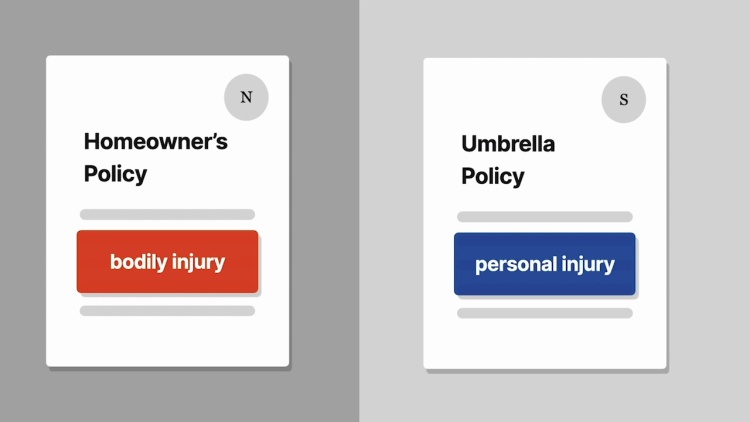Heacker v. Safeco Insurance Company of America
United States Court of Appeals for the Eighth Circuit
676 F.3d 724 (2012)
- Written by Genan Zilkha, JD
Facts
From 2005 until about 2010, Jessica Wright (defendant) hacked into Lewis Heacker’s (plaintiff) voicemails and Facebook account, and she made anonymous phone calls to defame Heacker. As a result of Wright’s actions, Heacker suffered from physical ailments, post-traumatic stress disorder (PTSD), and alcoholism. Wright had a homeowner’s policy that covered bodily injury and an umbrella policy that covered personal injury. Heacker sued Wright, and he claimed the Wright’s homeowner’s policy should cover the mental illnesses and alcoholism that Wright’s actions had caused him. The homeowner’s policy defined bodily injury as including bodily harm, sickness, and disease. The umbrella policy covered personal injury arising from defamation or privacy violations, but it excluded coverage for mental abuse. The district court determined that the homeowner’s policy did not cover Heacker’s PTSD and alcoholism, because the insurance contract specified that only bodily injuries were covered. Because Heacker’s injuries were physical manifestations of emotional injury and were not caused by bodily injury, they were excluded from coverage under the homeowner’s policy. Similarly the umbrella policy excluded coverage for Heacker’s injuries, because his injuries were caused by mental abuse.
Rule of Law
Issue
Holding and Reasoning (Benton, J.)
What to do next…
Here's why 899,000 law students have relied on our case briefs:
- Written by law professors and practitioners, not other law students. 47,000 briefs, keyed to 994 casebooks. Top-notch customer support.
- The right amount of information, includes the facts, issues, rule of law, holding and reasoning, and any concurrences and dissents.
- Access in your classes, works on your mobile and tablet. Massive library of related video lessons and high quality multiple-choice questions.
- Easy to use, uniform format for every case brief. Written in plain English, not in legalese. Our briefs summarize and simplify; they don’t just repeat the court’s language.





